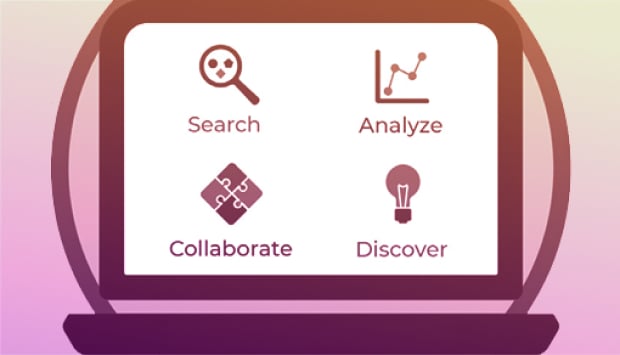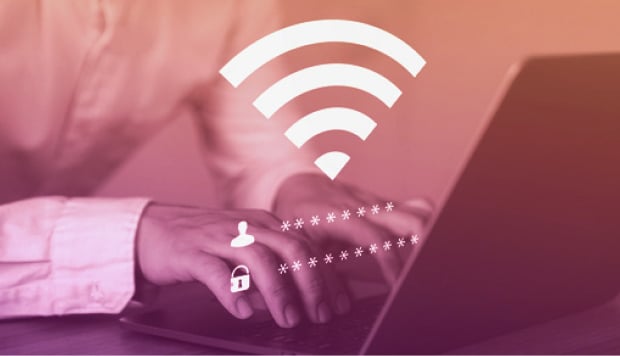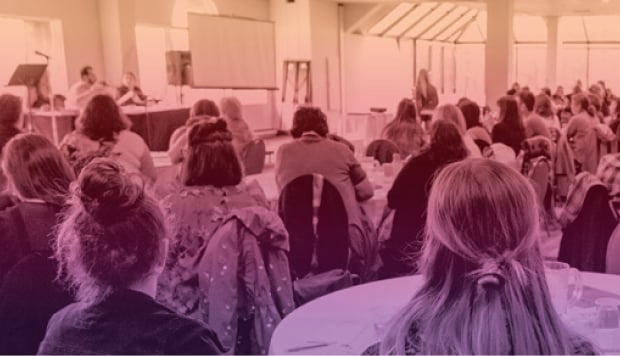Researchers funded by the NIH HEAL Initiative are generating massive amounts of data toward addressing the intertwined public health challenges of undertreated pain, and opioid misuse, addiction, and overdose. To enable rapid application and new discovery, HEAL is committed to open science and requires that scientific papers reporting HEAL research be immediately publicly available upon publication. The initiative has also set up a cloud-based platform for user-friendly data analysis and sharing.
About HEAL’s Data Ecosystem for Pain and Opioid Research
The HEAL Data Ecosystem connects data across the HEAL research portfolio, enabling HEAL data to be accessed, analyzed, and used to make new discoveries. Through training, best practices, and methods for standardization, the HEAL Data Ecosystem empowers researchers to make their HEAL-generated data FAIR (findable, accessible, interoperable, and reusable).
Complying With the HEAL Data Sharing Policy
The NIH HEAL Initiative has developed a quick and easy checklist to help HEAL-funded investigators make their data FAIR. The HEAL policy aligns with the NIH Data Management and Sharing Policy; the checklist defines HEAL-specific implementation requirements, such as using certain repositories and HEAL-defined metadata models.
HEAL Public Access and Data Sharing
The HEAL Public Access and Data Sharing Policy creates an infrastructure that addresses the need for researchers, clinicians, and patients to collaborate on sharing their collective data and knowledge about opioid misuse and pain to provide scientific solutions to the opioid crisis.
HEAL Public Access and Data Sharing
HEAL Data Ecosystem Events and Outreach
The HEAL Data Ecosystem occasionally holds events to share trainings and best practices for data management and sharing. They also conduct outreach to understand needs and practices of the HEAL research community. Watch videos of past informational events for the research community and read summaries and reports of data management and use practices.
HEAL Data Ecosystem Events and Outreach
HEAL Data Ecosystem Collective Board
In January 2022, HEAL established a Collective Board, with rotating members from various HEAL studies, to guide the overall strategy and direction of the HEAL Data Ecosystem.
HEAL Data Ecosystem Collective Board
Common Data Elements (CDEs) Program
Research data is maximally useful if it is collected in a standardized way to enable re-analysis and cross-study comparisons. Harmonized data collection is especially important for research studies related to conditions like pain in which many different types of data are collected, especially those related to patient-reported outcomes (PROs). Common data elements (CDEs) use controlled vocabularies that ensure standardized data collection. Use of CDEs improves the interpretability of HEAL findings, in particular for PROs.
Common Data Elements (CDEs) Program
Common Data Elements (CDEs) Repository
The NIH HEAL Initiative’s CDE repository houses core CDEs defined and used by HEAL, including case-report forms, variable names, and coding information. Supplemental CDEs will be available in the future.
Common Data Elements (CDEs) Repository
 U.S. Department of Health & Human Services
U.S. Department of Health & Human Services







